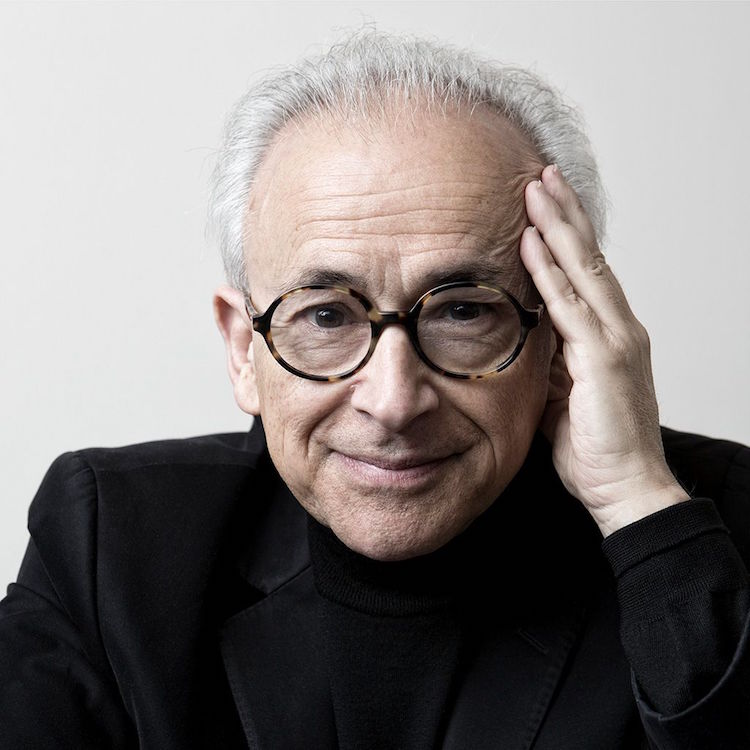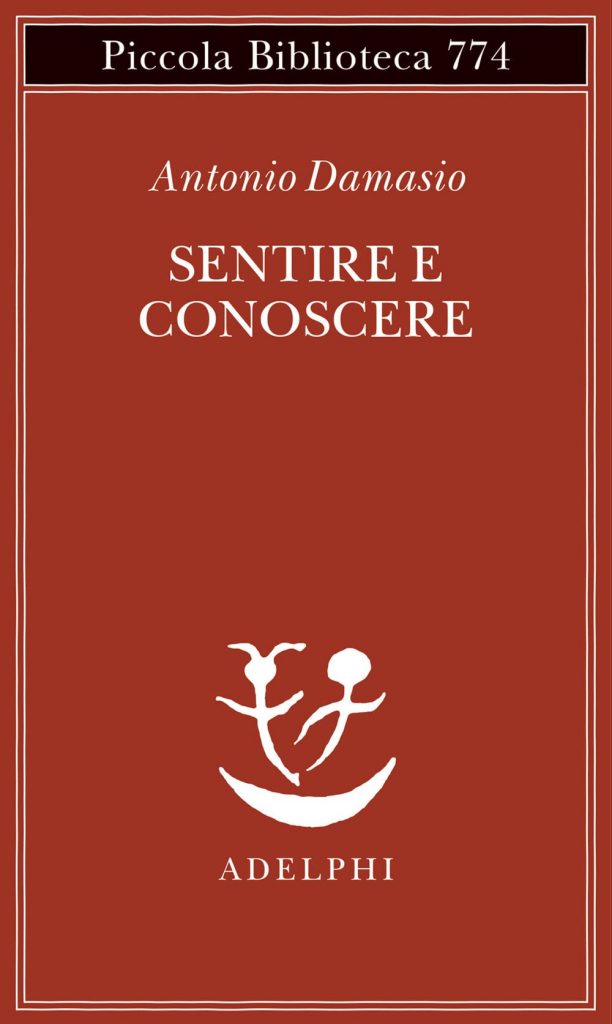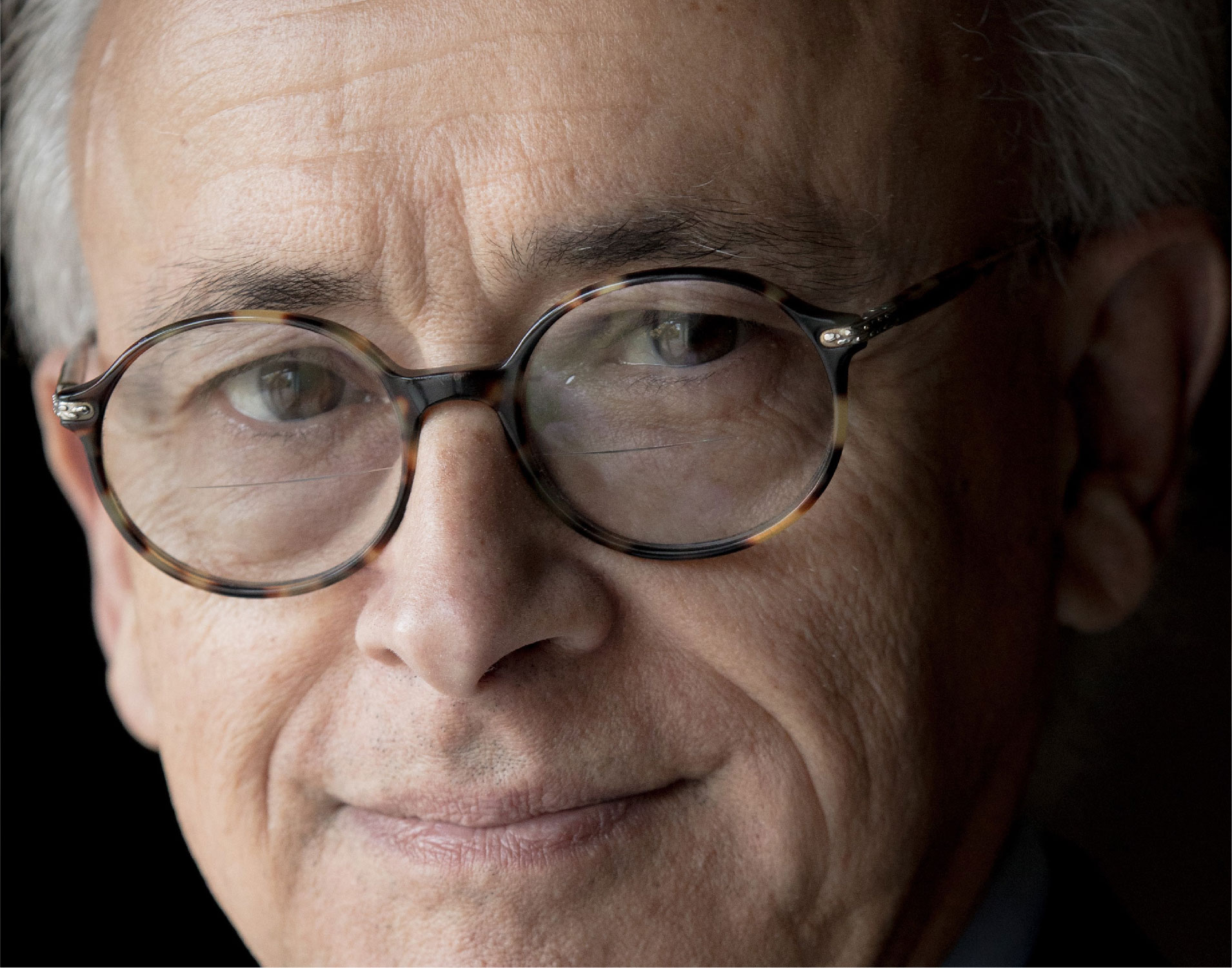On Monday, May 9th at 11:00 am in the Manfredo Tafuri lecture hall, the University IUAV of Venice will have the pleasure of hosting Antonio Damasio, internationally renowned neuroscientist.
The lecture is part of the International Master NAAD – Neuroscience Applied to Architectural Design – directed by Professor Davide Ruzzon.
ANTONIO DAMASIO: FEELING AND CONSCIOUSNESS
May 9th 2022 – 11:00 AM CET
Università IUAV, Aula Magna Manfredo Tafuri
Palazzo Badoer, San Polo 2468, Venezia
REGISTER HERE TO PARTICIPATE IN PRESENCE
Damasio is Professor of Psychology, Philosophy and Neuroscience at the University of Southern California in Los Angeles, where he directs the Brain and Creative Institute. His research on understanding the brain processes underlying affect and consciousness led in the 90s to a sort of Copernican revolution in the field of neuroscience and related disciplines.

The book Descartes’ Error. Emotion, Reason and the Human Brain, published in 1994 has, in fact, overturned the Cartesian concept of feeling as a subject subordinate to reason. Descartes’ error, according to Damasio, consists not only in having attributed to feelings a role of pure subordination, but also in having considered them, to a certain extent, deleterious to rational and relational processes.
Admitting, thanks to scientific evidence, that «explicit human intelligence requires a mind and the contribution of developments linked to it: feelings and consciousness» (Damasio 2022, p. 45), in equal measure, and that feelings can even be attributed functions that are anything but secondary, has initiated a series of researches that have also flowed into the field of architecture.
«Feelings protect our lives by informing us of dangers and opportunities and by giving us the impetus to act accordingly […] they offer the mind the facts on the basis of which we know, without effort, that whatever else is present in our minds, at that instant, also belongs to us, is happening within us. Feelings allow us to have experiences of becoming conscious: of unifying our mental properties around a single being. Homeostatic feelings are the first processes to make consciousness possible».
Antonio Damasio (2022, p. 139)
Feelings take place as much in the mind as they do in the body and its movements because they «portray actions that take place within us, as well as their consequences, and let us catch a glimpse of the viscera involved in those actions» (Damasio 2022, p. 77). As a result, they have the possibility to extend even into the space in which the mind and body are situated and to belong to it. In the light of the latest research we tend, in fact, to speak more and more of embodied, situated and extended mind, because the boundaries in which Cartesian dualism trapped mind, body and space can no longer be considered rigid and defined, but blurred and inapprehensible. Mind, body and space cross and modify each other.

The built environment, as can be seen, having a strong influence on actions and movements, plays such a decisive role in the development of feelings that the American philosopher Alva Noe considered it our second consciousness.
His latest book Feeling and Knowing. Making Minds Conscious, which will also be the focus of the conference, was the tool through which Damasio tried to define the fundamental stages of his work and to clarify, «chiseling away the inessential» (Damasio 2022, p. 15), those ideas which, although fundamental, have remained in the background. A sort of didactic summary able to condense decades of research into a few pages that in Venice will be reunited with the pragmatic effects they have had in the field of architecture..
Bibliography
Damasio 2022 – Antonio Damasio, Sentire e conoscere, Adelphi Edizioni, Milano 2022. Piccola Biblioteca 774. (Feeling and Knowing. Making minds conscious);
Damasio 2018 – Antonio Damasio, Lo strano ordine delle cose. La vita, i sentimenti e la creazione della cultura, Adelphi Edizioni, Milano 2018. (The strange order of things. Life, feelings, and the making cultures);
Damasio 2012 – Antonio Damasio, Il sé viene alla mente. La costruzione del cervello cosciente, Adelphi Edizioni, Milano 2012. (Self comes to mind. Constructing the conscious brain);
Damasio 2003 – Antonio Damasio, Alla ricerca di Spinoza. Emozioni, sentimenti e cervello, Adelphi Edizioni, Milano 2003. (Looking for Spinoza. Joy, Sorrow, and the Feeling Brain);
Damasio 2000 – Antonio Damasio, The Feeling of what happens. Body and emotion in the making of consciousness, Harcourt Publishing Company, San Diego 2000;
Damasio 1995 – Antonio Damasio, L’errore di Cartesio – Emozione, ragione e cervello umano, Adelphi, Milano 1995. (Descart’ Error. Emotion, reason, and the human brain).
By Antonio Sorrentino

